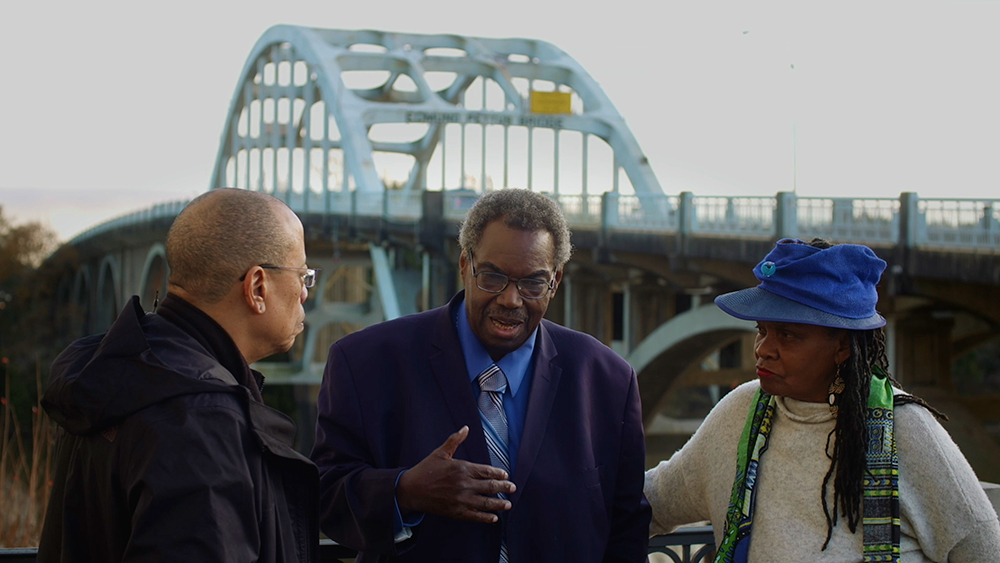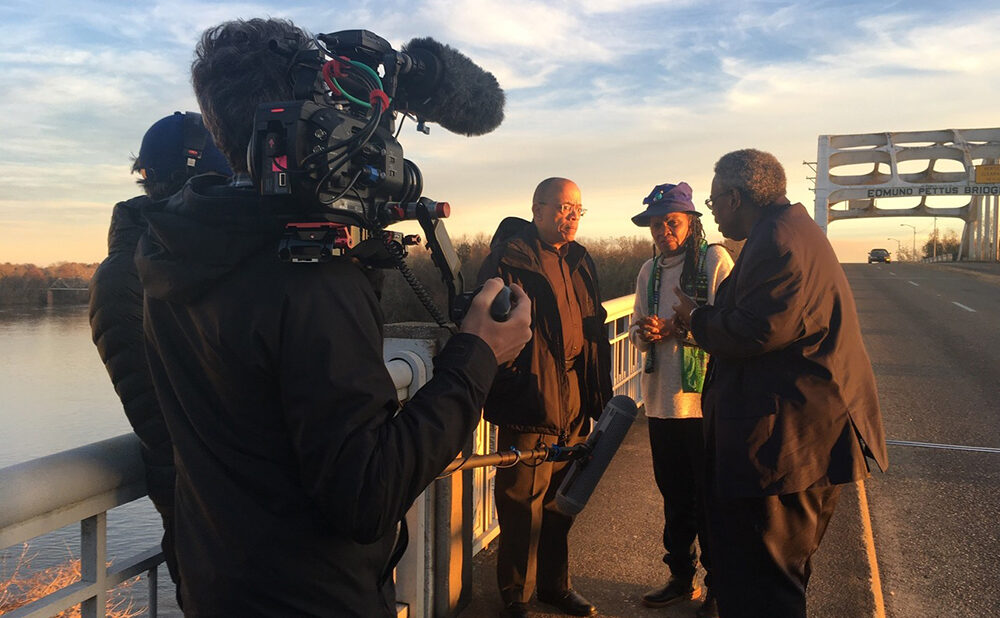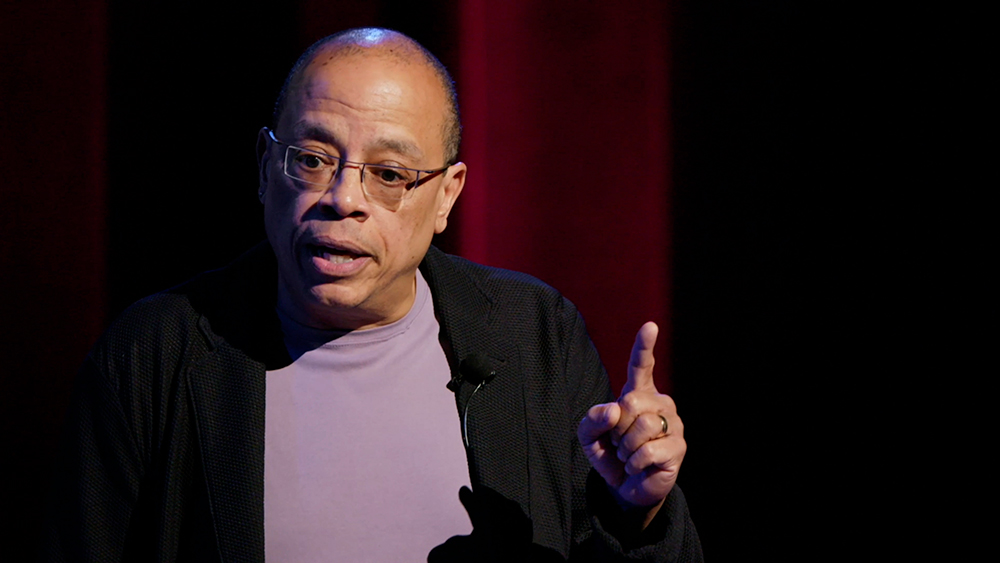Essential history of race in America expertly explored in must-see documentary
New film is the An Inconvenient Truth of race relations
Who We Are: A Chronicle of Racism in America
Where: In theatres
What: Movie, 117 mins.
When: Opens Fri. Feb. 4
Genre: Documentary
Why you should watch: Who We Are is essential viewing, an even-handed untangling and de-mythologizing of race in America that shatters illusions about “progress.” Criminal defense and civil rights lawyer Jeffrey Robinson has created the An Inconvenient Truth of race relations as he blends a powerful lecture with personal recollections and visits to key sites of Black history. No better way to spend Black History Month than by watching this revelatory film.
By MICHAEL HOLLETT
Criminal defense and civil rights lawyer Jeffrey Robinson has created the An Inconvenient Truth of race relations in America. Much in the way Al Gore’s Oscar- and Grammy-winning environmental documentary made such a powerful case for action and stripped away illusion, Robinson’s film gives a measured and powerful explanation of why race relations in the U.S. are in such a disastrous state and how so much of the current crisis is by design and maintained by American institutions.
Going back to the beginnings of the transatlantic trade of enslaved people to the horrific murders by police of Eric Garner and George Floyd, Robinson convincingly makes the case that maintaining white privilege has been at the heart of the creation of the United Sates and that it is institutionally maintained to this day.
The doc is filled with “gotcha” historical information, such as the fact that the first police patrol in the southern States was to capture escaped enslaved people and the patrols wore the six-pointed star still seen on American police officers today. And killing an enslaved person in the course of the recapture was not a crime.
Hearing a gospel choir sing the notorious third verse of the Star-Spangled Banner as it celebrates killing humans who tried to escape slavery is chilling and unnerving.
We’re told that, in fact, reparations have been paid but to slaveowners, never to the enslaved. Slaveowners received financial compensation for their lost “property” after emancipation.
Robinson establishes the essential role slavery had in building the wealth of America — not just in the South.
And he carefully destroys any notion of the southern states participation in the American Civil War being about anything but the perpetuation of slavery.
Robinson’s measured sharing of often horrible information is not done to blame but to establish a shared reality on which a better future can be built.
Robinson’s blending of the lecture with visits to locales that underline his points is extremely effective as well as good filmmaking. And weaving in his own personal story, through visits to his hometown and childhood home, helps underline the reality and personal costs of the information he shares.
This documentary is essential Black History Month viewing that is, unfortunately, relevant any time.









